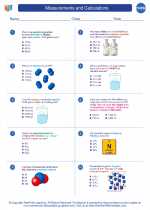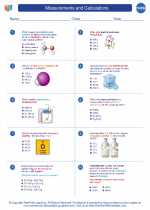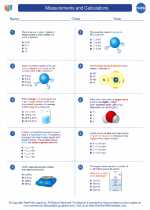Biological System
A biological system is a complex network of biological components that work together to perform specific functions. These components can include molecules, cells, tissues, organs, and organisms. Biological systems can range from the molecular level to the ecosystem level, and they are characterized by their interconnectedness and ability to maintain homeostasis.
Key Concepts
- Components: The biological system is made up of various components, such as cells, tissues, organs, and organisms.
- Interconnectedness: The components of a biological system are interconnected and work together to carry out specific functions.
- Homeostasis: Biological systems have the ability to maintain internal stability and balance, even in the face of external changes.
- Levels of Organization: Biological systems can be studied at different levels of organization, including molecular, cellular, organismal, and ecological levels.
Study Guide
1. Understand the Components
Learn about the different components of biological systems, including cells, tissues, organs, and organisms. Understand how these components interact to form functional systems.
2. Explore Interconnectedness
Study how the components of biological systems are interconnected and how they work together to carry out specific functions. Look for examples of interconnectedness in specific biological systems.
3. Learn about Homeostasis
Understand the concept of homeostasis and how biological systems maintain internal stability and balance. Explore the mechanisms and feedback loops involved in maintaining homeostasis.
4. Study Levels of Organization
Explore the different levels of organization in biological systems, including the molecular, cellular, organismal, and ecological levels. Understand how these levels are interconnected and influence each other.
5. Examples and Applications
Research and analyze specific examples of biological systems, such as the respiratory system, nervous system, or ecosystem dynamics. Understand how the concepts of components, interconnectedness, and homeostasis apply to these examples.
.◂Chemistry Worksheets and Study Guides High School. Measurements and Calculations

 Worksheet/Answer key
Worksheet/Answer key
 Worksheet/Answer key
Worksheet/Answer key
